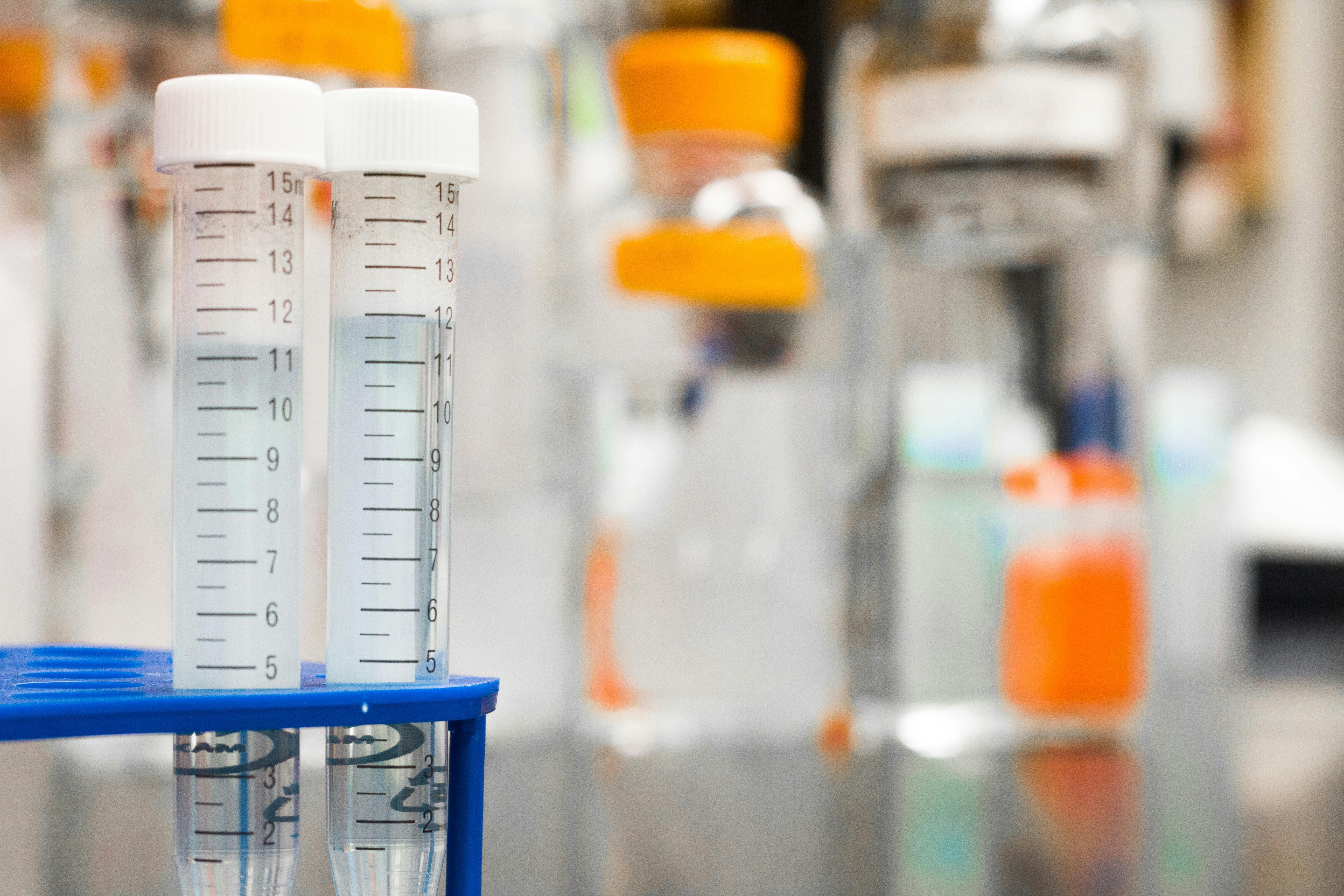
Pre-employment drug testing has become a common practice in many industries, aiming to create a safe and productive workplace. As a candidate, understanding how to prepare for such a test can significantly impact your job prospects. In this blog, we will guide you through the essential steps to ensure you're ready for your pre-employment drug test.
1. Understanding the Types of Drug Tests
There are several types of drug tests commonly used by employers:
- Urine Tests: Urine tests are the most prevalent and typically screen for substances like THC, cocaine, opiates, and amphetamines. They are relatively easy to administer and provide quick results.
- Hair Tests: Hair follicle tests can detect drug use over a longer period, usually up to 90 days. These tests are less common but are often used for positions where safety is critical.
- Saliva Tests: Saliva tests are becoming more popular due to their ease of use and ability to detect recent drug use. They typically identify substances used within the past few days.
- Blood Tests: While less common, blood tests may be used in specific circumstances, such as in healthcare or safety-sensitive positions. They provide a precise measurement of substances in the bloodstream.
Understanding the type of test you will undergo is crucial for your preparation.
2. Knowing the Substances Tested
Employers commonly test for several drugs, including:
- THC (marijuana)
- Cocaine
- Opiates (like heroin and prescription painkillers)
- Amphetamines
- Benzodiazepines
Being aware of what substances are tested can help you evaluate your own usage and make informed decisions.
3. Preparation Steps
- Review Company Policies: Before the test, familiarize yourself with the company’s specific drug testing policies. Each organization may have different guidelines and procedures, which can significantly affect your preparation. Understanding these policies is also critical when considering the impact of criminal records on employment opportunities , as drug testing often aligns with broader background check practices.
- Avoiding Drug Use: The safest approach is to abstain from using drugs well before the test. Different substances have varying detection windows, so be sure to check how long each substance stays in your system.
- Consulting with Your Doctor: If you are taking prescribed medications, consult your healthcare provider. They can inform you about how these medications might affect your test results and provide documentation if necessary.
4. Detoxing and Cleansing Myths
- Popular Detox Products: Many detox products claim to help cleanse your system, but their effectiveness is often overstated. It’s essential to be cautious of these products, as they may not deliver the promised results.
- Natural Detox Strategies: If you’re looking for natural ways to prepare, focus on hydration, exercise, and maintaining a healthy diet. Drinking plenty of water can help flush out your system, but be careful not to overdo it on the day of the test.
- Why Quick Fixes Often Don’t Work: Relying on quick detox solutions can lead to disappointment. Most reputable drug testing facilities can detect attempts to tamper with samples, which can lead to severe consequences, including job disqualification.
5. During the Testing Process
- What to Expect on Test Day: On the day of the test, arrive early and bring any necessary identification. Familiarize yourself with the testing process to reduce anxiety.
- Sample Collection Procedures: Typically, a trained professional will guide you through the collection process. It’s important to follow their instructions closely to ensure the integrity of the sample.
- Tips for Staying Calm and Composed: Managing your anxiety is key. Take deep breaths, remind yourself of your preparation, and stay focused on your goal: securing the job.
6. Understanding Your Rights
- Privacy and Confidentiality: Know your rights regarding privacy and the confidentiality of your test results. Employers are required to keep your test results confidential, and any unauthorized sharing may violate your rights.
- Handling a Failed Drug Test: If you do receive a positive result, it’s crucial to know the next steps. Employers often provide information on how to appeal or discuss the results, especially if you have valid background checks in healthcare protect patients and staff , ensuring that candidates meet necessary safety standards.
Conclusion
Preparing for a pre-employment drug test involves understanding the testing process, knowing what substances are tested, and following best practices to ensure you are ready. By being proactive and informed, you can approach your drug test with confidence.






